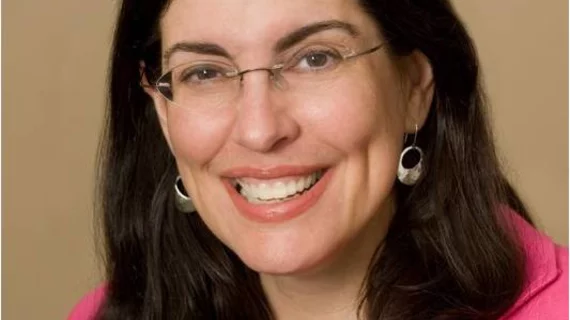ACR appoints 1st female chief research officer, Etta Pisano
The American College of Radiology (ACR) has named breast imaging researcher Etta Pisano, MD, chief research officer of the ACR, the first woman in ACR's history to hold the position.
Pisano previously served as chief science officer solely of the ACR Center for Research and Innovation, according to a press release published Oct. 4 by the ACR.
Pisano is a professor in residence at Harvard Medical School and is the principal investigator for the Tomosynthesis Mammographic Imaging Screening Trial (TMIST) involving 165,000 women. The study aims to compare 2D digital mammography to digital breast tomosynthesis (DBT) and determine if DBT is more effective at reducing advanced breast cancers
Earlier in her career, Pisano led the Digital Mammography Screening Trial (DMIST), which has been accredited to dramatically changing breast cancer screening guidelines and reimbursement.
“Dr. Pisano is a giant in the clinical research community. She will identify clinical and socioeconomic research opportunities that can advance the practice of radiology and improve patient care,” said William T. Thorwarth, MD, chief executive officer of the ACR, in a prepared statement. “We are proud to have her as chief research officer for the entire College which will allow us to tap her talents and experience across the ACR.”

